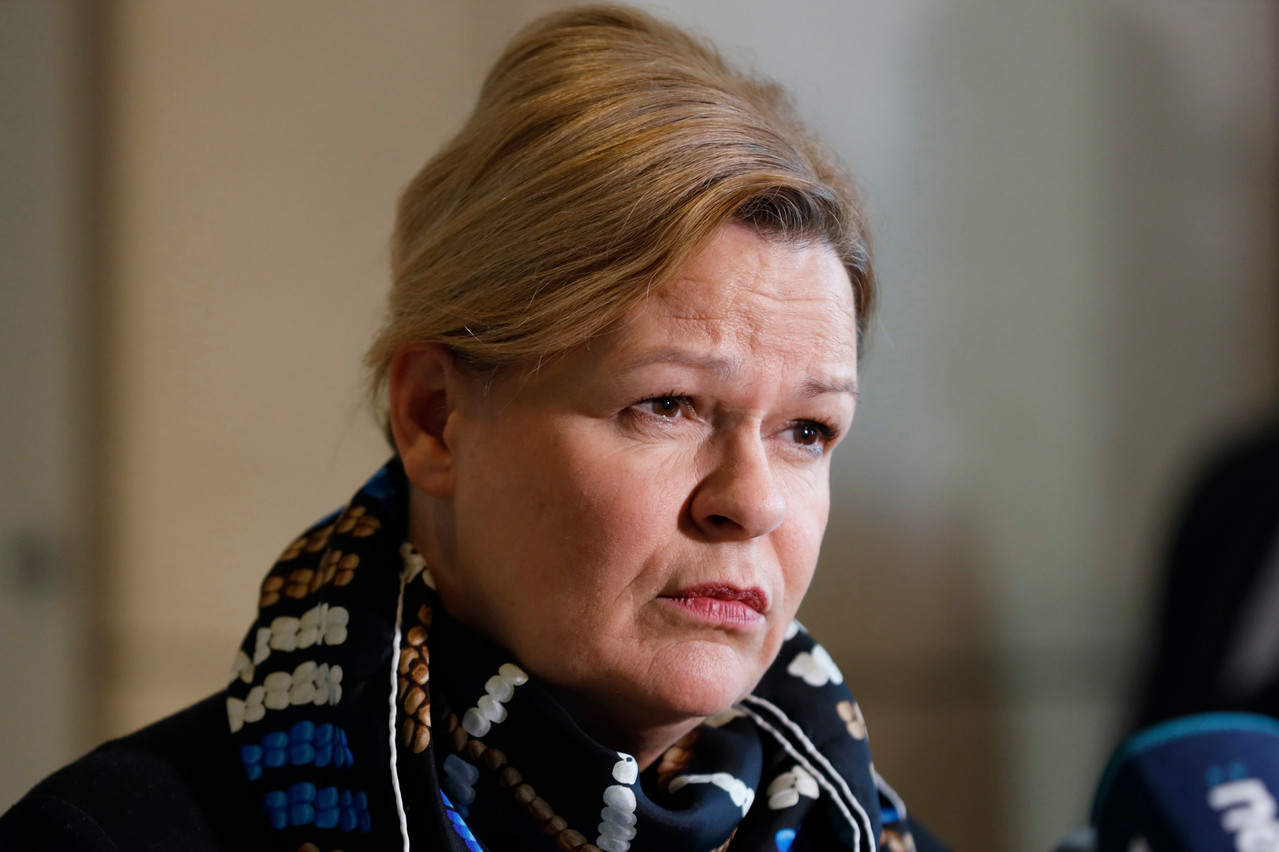Germany will implement stationary and mobile border policing at its land borders with France, Luxembourg, the Netherlands, Belgium and Denmark for six months, starting 16 September 2024. Border checks will be enforced, and authorities may refuse entry where necessary, according to the federal ministry of the interior and community’s on 9 September.
The ministry cited the need to limit irregular migration and enhance internal security as key reasons for the decision. It also highlighted concerns about Islamist extremist terrorism and serious cross-border crime.
Interior minister Nancy Faeser emphasised the importance of protecting Germany’s borders in a statement: “We are taking concrete action to reinforce our internal security, and we are taking a hard line against irregular migration. We are continuing to pursue this course. Until the new common European asylum system and other measures ensure strong protection for the EU’s external borders, we must also do more to control our national borders.”
Faeser noted that since October 2023, over 30,000 individuals have been denied entry at Germany’s borders with Poland, Austria, Switzerland and the Czech Republic. The expanded measures will now apply to all land borders. Faeser also stressed the importance of coordination with neighbouring countries to minimise disruption for commuters and border-region residents.
The ministry confirmed that since reintroducing border checks in October 2023, the federal police have detected around 52,000 illegal entries and refused entry to 30,000 individuals at various borders. Entry is denied to those without valid documents or visas, or those presenting forged papers.
A spokesperson for the ministry of home affairs confirmed to Delano that minister (CSV) was informed on 9 September about the border controls at the land borders between Germany and Luxembourg. The ministry further stated that these checks, set to begin on 16 September, aim to “avoid unnecessary disruption to cross-border traffic” and will not take place on the bridges to Luxembourg. Additionally, the German federal police assured that they would keep “the impact on cross-border road traffic, as well as daily life and work in the border region, as minimal as possible.”
Editor’s note, 10 September 2024 at 12:32: The article has been updated to include a statement from the ministry of home affairs.
